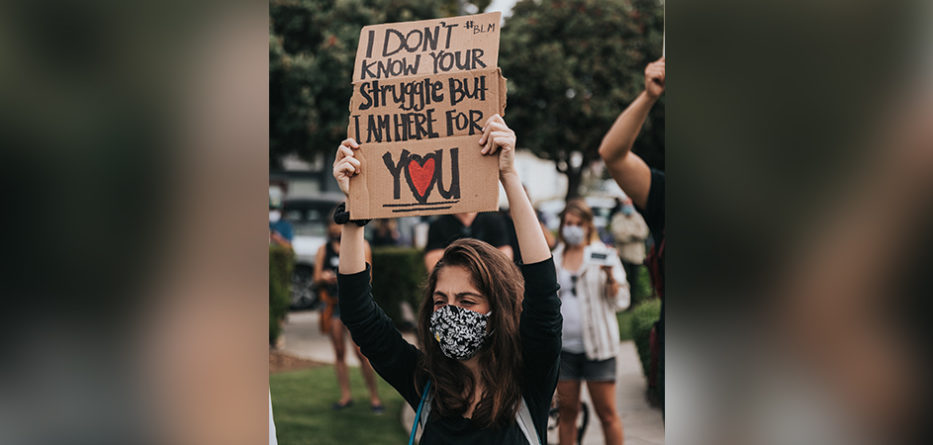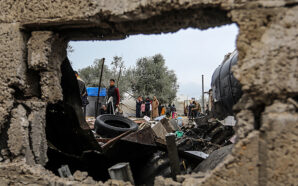18 June is the United Nations’ International Day for Countering Hate Speech
Proverbs usually enshrine a true observation about our lives. Sometimes, however, their point is only part of a more complex picture. So it is with the proverb: ‘Sticks and stones may break your bones, but words will never hurt you.’ The full truth is that although we certainly ought not to be intimidated or silenced when people attack us verbally, poisonous words can actually do great harm to us. They can destroy our self-confidence, break friendships and force us out of public life.
Stories in the media have shown how charges of improper behaviour can hurt both people’s feelings and their careers, regardless of whether they are true or false. A social media pile-on, too, can leave a young person friendless and demoralised. Sometimes it leads to suicide. We hope that people attacked in this way will show extraordinary resilience in responding to these destructive words, but we should not downplay the harm they have suffered.
Hate speech is more damaging than occasional angry and destructive words. We can imagine it as a black hole into which people are totally swept so that they are consumed by hatred and by the desire to destroy the people whom they hate. In its extreme form, we see it embodied in people with racist ideologies who express their hatred of different groups through social media, and act it out by shooting members of the groups they hate. We see it embodied also in the unnoticed and apparently harmless people who target public figures and pursue them mercilessly with hateful messages. It is then part of a deluded game in which people project the image of themselves as implacable avengers. This is a game that can destroy its victims’ lives.
In any society, hate speech can deepen the hostility between different groups of people and be a trigger for violent action. It makes it impossible for people to climb over the barriers of fear and anger that divide them and to see other people not as threats but as persons like themselves. The young people whom we accompany at Jesuit Social Services, many of whom have come under the criminal justice system, often endure hate speech both through their peers in social media and through mainstream media that portray them as a dangerous threat to society. Its effect is to make it difficult for them to connect with society.
If hate speech is so destructive to both those who indulge in it and those who are targeted by it, how can we counter it? The responsibility rests with the whole of society. We must not tolerate it when we see it directed against sportspersons on the field, against members of religious, racial or political minorities, or against people who have unpopular opinions. We may disagree strongly with people, but should not speak hatefully against them. In our speaking, too, as the football slogan says, we should always play the ball and not the man.
As individuals, there is also much that we can do about hate speech. The first step is to discipline our curiosity. Hate speech thrives on publicity. If it is ignored, if no one shows interest in the titivating details that decorate it, if speakers who indulge in it do not receive a hearing, it will die for lack of energy. If hate speech is regarded as acceptable, it will flourish. In public speech, tolerance gives license and leads the malicious speaker to believe that others believe them or are intimidated by them. To protest against it, to call out the politicians and media that blow the embers into fire while pretending not to be responsible for it, and to demand regulation of the huge social media companies that feed off it, are important small steps for individuals. They will help shape society for the better as more people follow their example.
Finally, we should feel and express compassion for the people who are victims of hate speech. Often people withdraw from them as if they are radioactive and are a risk to anyone who comes close to them. To contact them to express our sympathy, to be interested in their work, and to applaud them when we have the opportunity is a decent thing to do. It also draws the poison of hate speech.
Fr Andrew Hamilton SJ writes for Jesuit Communications and Jesuit Social Services.








